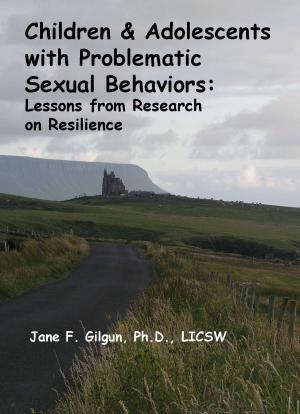The Intellectual Roots of Grounded Theory
Nonfiction, Health & Well Being, Psychology, Social Psychology| Author: | Jane Gilgun | ISBN: | 9781458190154 |
| Publisher: | Jane Gilgun | Publication: | May 21, 2011 |
| Imprint: | Smashwords Edition | Language: | English |
| Author: | Jane Gilgun |
| ISBN: | 9781458190154 |
| Publisher: | Jane Gilgun |
| Publication: | May 21, 2011 |
| Imprint: | Smashwords Edition |
| Language: | English |
Grounded theory is an open-ended approach to research that can be adapted to many uses. This article shows how adaptable grounded theory is and was meant to be. Originating in the Chicago school of Sociology about 100 years ago, GT does not have to be about technicalities, but researchers can use it as an adaptable and open-ended approach to developing understandings of human situations.
When researchers view GT this way, the goal is to listen, hear, and understand what others are saying and doing, in their own terms as much as possible. Its open-endedness permits researchers to adapt it to their own particular methodologies and conscious and unconscious biases. In short, there are many ways to do GT. Recently, Denzin adapted GT to serve his commitment to social justice issues in research that includes researcher collaborations with participants, the importance of local knowledge, and, once the research is completed, advocacy for social change.
Grounded theory is an open-ended approach to research that can be adapted to many uses. This article shows how adaptable grounded theory is and was meant to be. Originating in the Chicago school of Sociology about 100 years ago, GT does not have to be about technicalities, but researchers can use it as an adaptable and open-ended approach to developing understandings of human situations.
When researchers view GT this way, the goal is to listen, hear, and understand what others are saying and doing, in their own terms as much as possible. Its open-endedness permits researchers to adapt it to their own particular methodologies and conscious and unconscious biases. In short, there are many ways to do GT. Recently, Denzin adapted GT to serve his commitment to social justice issues in research that includes researcher collaborations with participants, the importance of local knowledge, and, once the research is completed, advocacy for social change.















